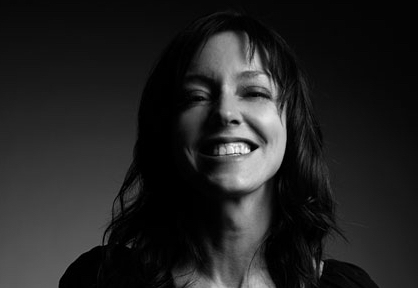Age: 35
Job Title: Community programmer and librarian, Legal Resource Centre of Alberta
Why She’s a Top 40: For making complicated and often intimidating legal information available to those who need it most
Tanya Driechel knows just how lucky she is to be an educated woman living in Edmonton. After working in community libraries in eastern Ghana and teaching English in Asia, her belief that all humans should have the right to access information was firmly cemented. Whether it’s fiction books or legal acts, she believes no one should feel too intimidated to seek out information.
“I really believe that literacy and access to information are fundamental human rights,” she says. “When I worked in Africa, I realized just how privileged I was to have an education and that I shouldn’t take that for granted.”
So when she returned from Africa to complete her master’s degree in library and information studies, she realized she wanted to use her skills to ensure marginalized groups could obtain the information they needed to protect themselves. That desire to help others led her to the Legal Resource Centre of Alberta.
“The law is not that easily understandable to the average person. I work with lawyers to make the law easy to understand. I often travel to small towns and talk with people, especially youth, who have been unlawfully evicted so that they know how to handle whatever issues may arise. Sometimes these people have limited literacy or are recent immigrants.” By explaining individuals’ rights and responsibilities in plain language, she ensures that they can make educated decisions to protect their best interests.
Driechel also co-ordinates a book club for women prisoners through the Greater Edmonton Library Association. “The book club is often the best part of my day. These women deeply inspire me and give me so much motivation.” Driechel says some of the women won’t see the outside world for 20 years, but it’s inspiring to hear their opinions on books about places they’ll never see.
“It’s amazing to be a part of this strong, yet marginalized, community of incarcerated women,” she says. “These are people who have been removed from society. But they still have a right to continue to learn. It goes back to the idea that our privilege of being literate should never be taken for granted.”
